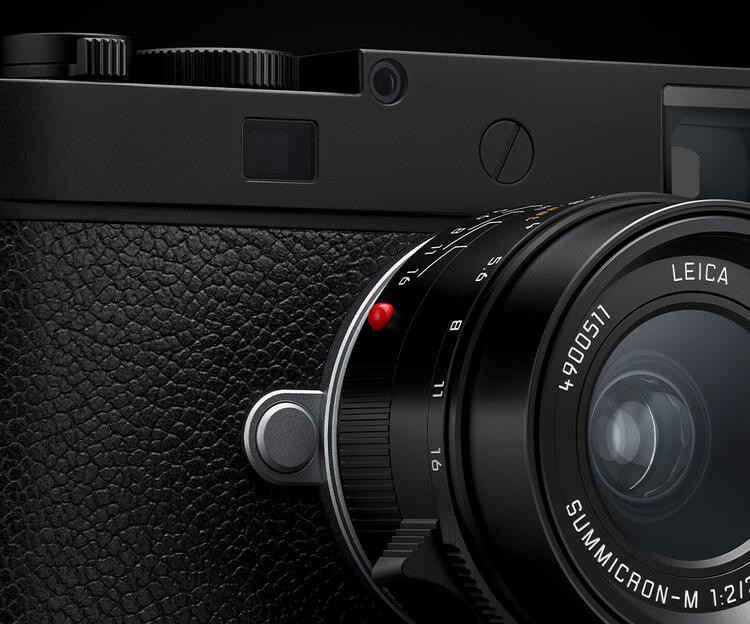
Leica M11-P
Pioneering Content Credentials for Trusted Photography
News Photography October 28, 2023 Reading time: 3 Minute(s)
In a world where digital manipulation and AI-altered content have become the norm, Leica Camera took a bold step forward on Thursday by introducing a revolutionary feature in its latest camera, the M11-P. This remarkable innovation, known as Content Credentials, sets out to empower photographers, particularly photojournalists, with a powerful tool to protect their work's authenticity in a world filled with digitally altered images.
Content Credentials, a system based on the Coalition for Content Provenance and Authenticity's (C2PA) open standard and backed by the Content Authenticity Initiative (CAI), is a game-changer for the photography industry. Leica's M11-P, featuring this groundbreaking technology, can securely store essential information about each image captured, including encrypted metadata detailing the date, time, location, camera, and model used. Moreover, it keeps a meticulous record of any edits made to the image and the tools used for those edits.
When a photographer opts to utilize Content Credentials, they will notice a unique logo displayed on the camera's interface. This symbolizes that the image will be signed using a sophisticated algorithm, requiring a specialized chipset for storing digital certificates. The verification of these credentials can be seamlessly performed through Leica's FOTOS app or on the Content Credentials website.

Leica's official announcement emphasizes the incredible functionality of this feature:
"Whenever someone subsequently edits that photo, the changes are recorded to an updated manifest, rebundled with the image, and updated in the Content Credentials database whenever it is reshared on social media. Users who find these images online can click on the CR icon in the [pictures'] corner to pull up all of this historical manifest information as well, providing a clear chain of providence, presumably, all the way back to the original photographer."
The most striking aspect of Content Credentials is its opt-in nature. Photographers have the choice to enable or disable this feature. However, it's crucial to note that if images are edited using tools that do not support Content Credentials, there may be gaps in the image's provenance data. As AI-generated images continue to proliferate, the ability to track changes in images, particularly those used in journalism, has become an urgent concern for regulators and the public alike. Content Credentials serves as a potent solution to restore trust in shared images, but its effectiveness relies heavily on widespread adoption.
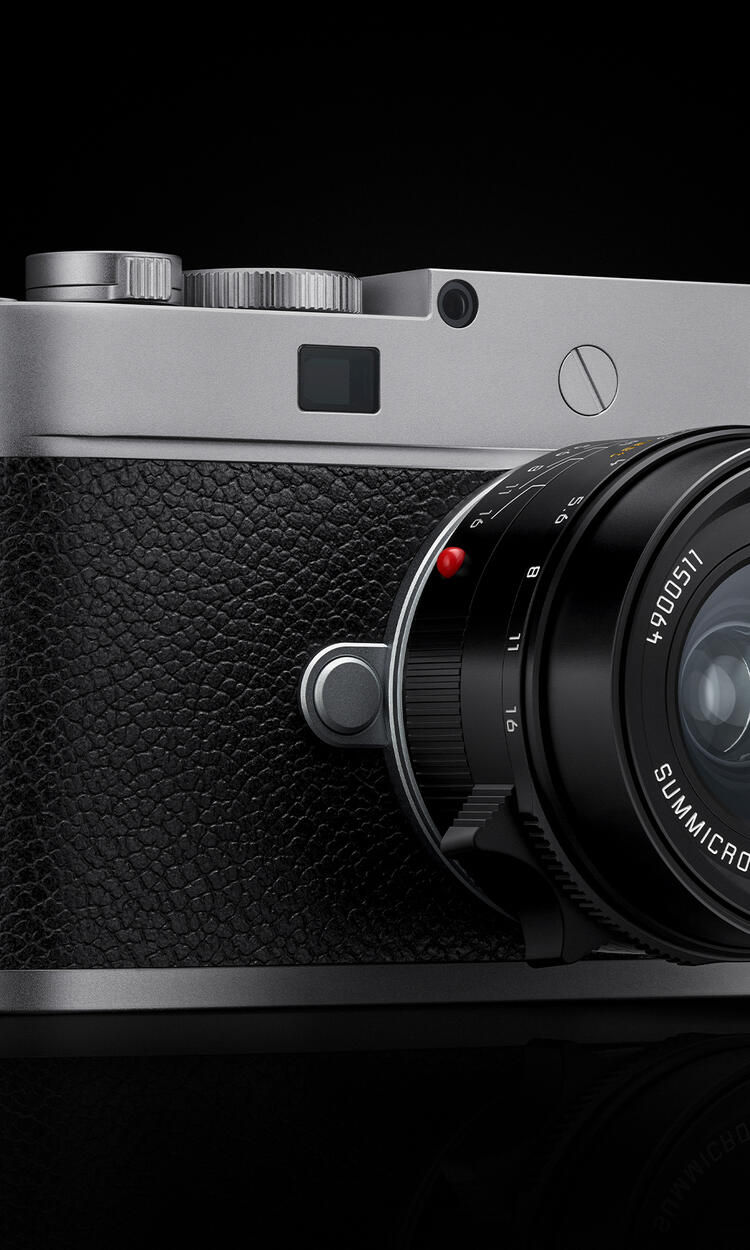
Beyond the groundbreaking Content Credentials, the Leica M11-P boasts an impressive set of specifications. It features a 60 MP BSI CMOS sensor, Leica's powerful Maestro-III processor, and ample storage with 256GB of space. This high-performance camera is offered in black or silver and is available for $9,195.
In conclusion, Leica's M11-P with Content Credentials is not just a camera; it's a symbol of innovation and trust in the world of photography. By pioneering this groundbreaking technology, Leica has taken a significant step in the direction of securing the authenticity of images, ultimately benefiting photographers and those who rely on the accuracy of visual content. This powerful tool not only showcases Leica's commitment to pushing the boundaries of photography but also sets a high standard for the industry, making it a landmark release for photographers and enthusiasts worldwide.
(Images by Leica)
LeicaM11P ContentCredentials PhotographyInnovation AuthenticPhotography Photojournalism C2PA ContentAuthenticity AIManipulation TrustedImages CameraTechnology LeicaCamera DigitalPhotography technology news photography news RSNews
*Our pages may contain affiliate links. If you buy something via one of our affiliate links, Review Space may earn a commission. Thanks for your support!
CATEGORIES




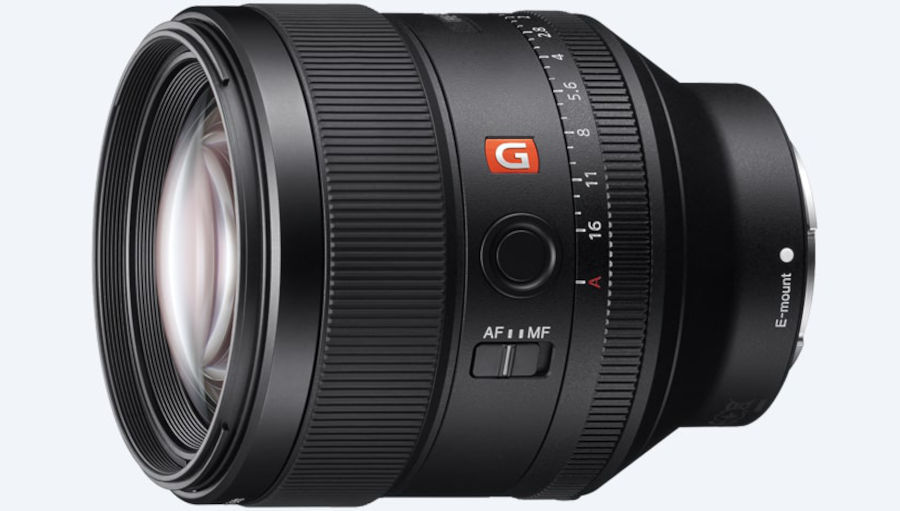
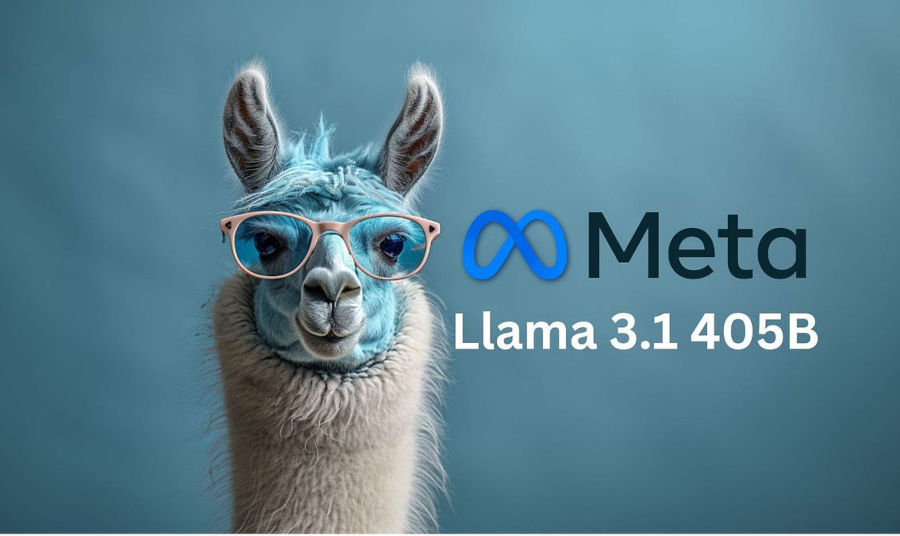



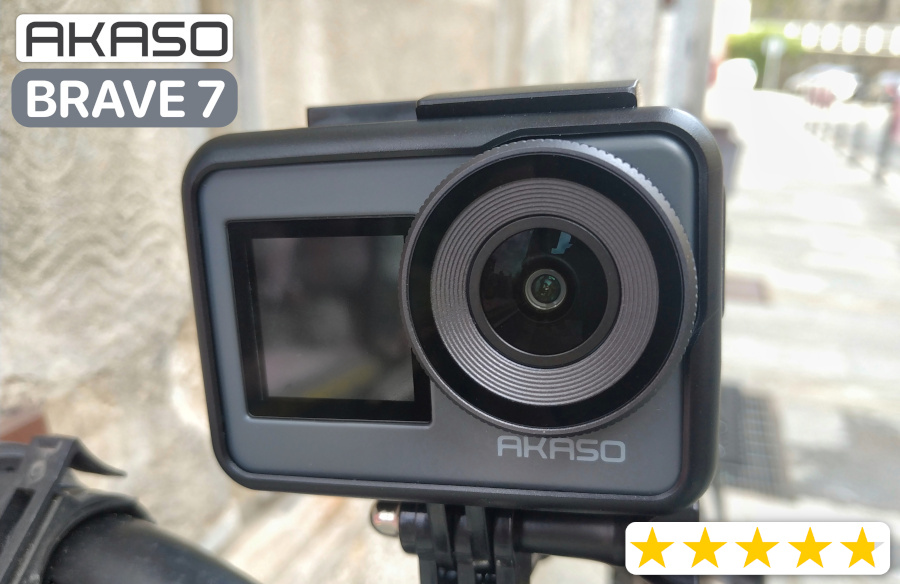








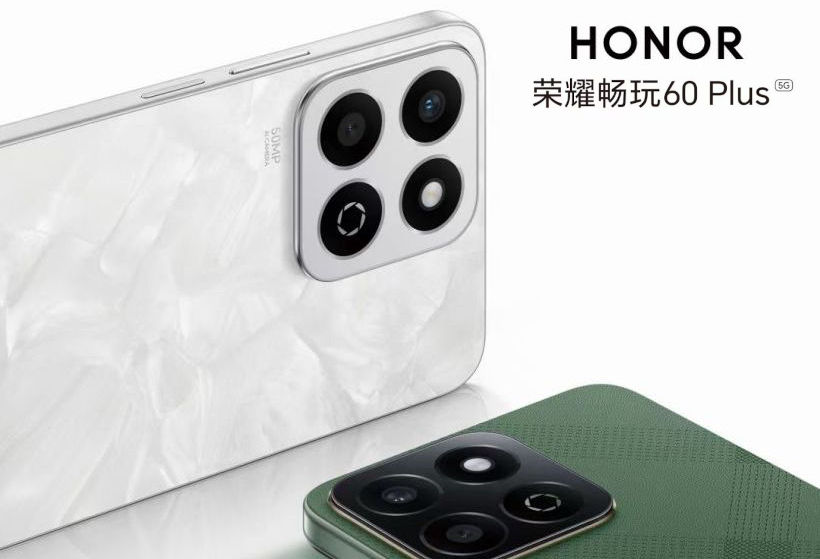
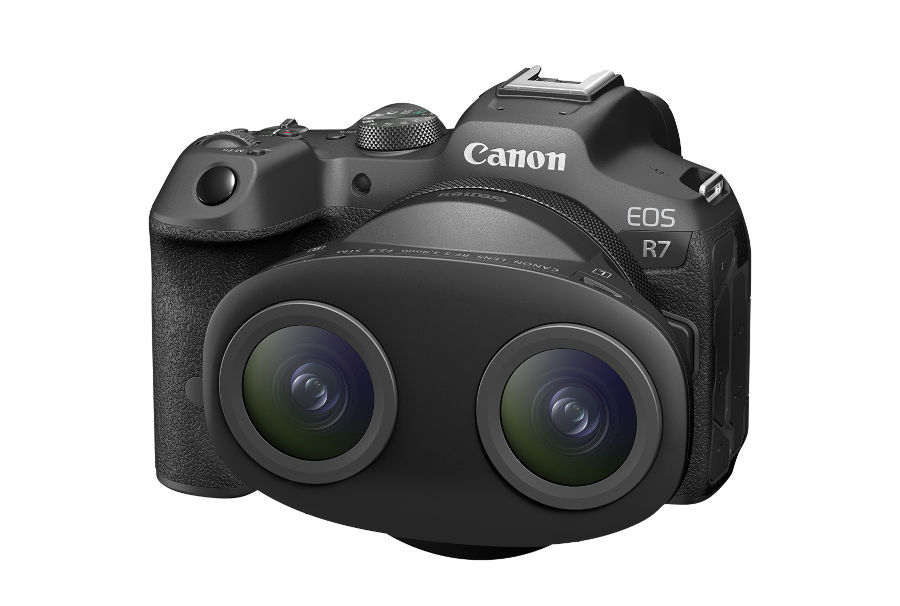
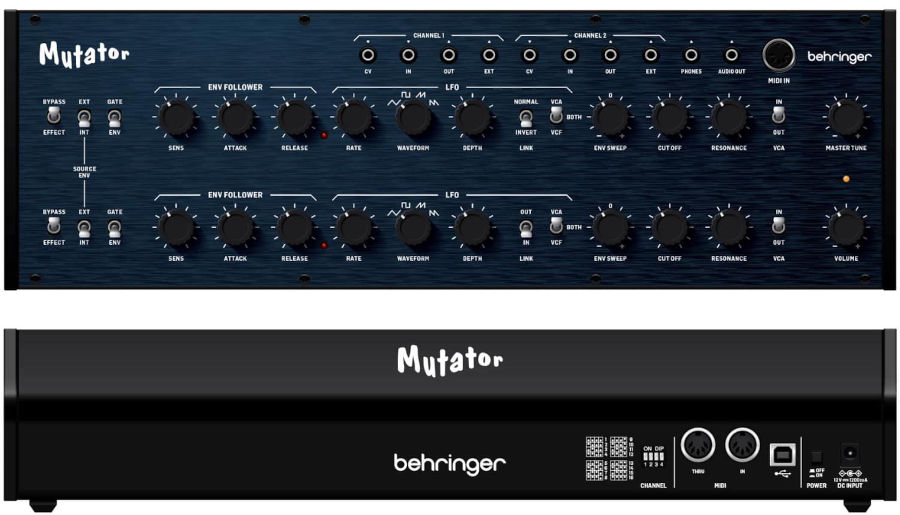
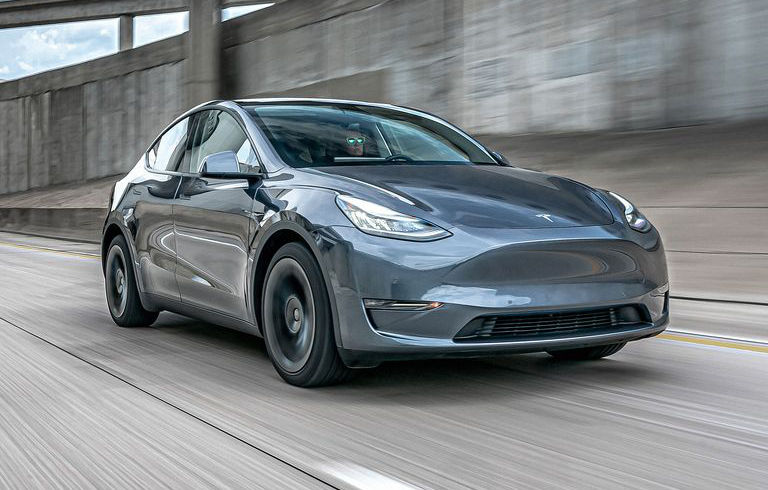

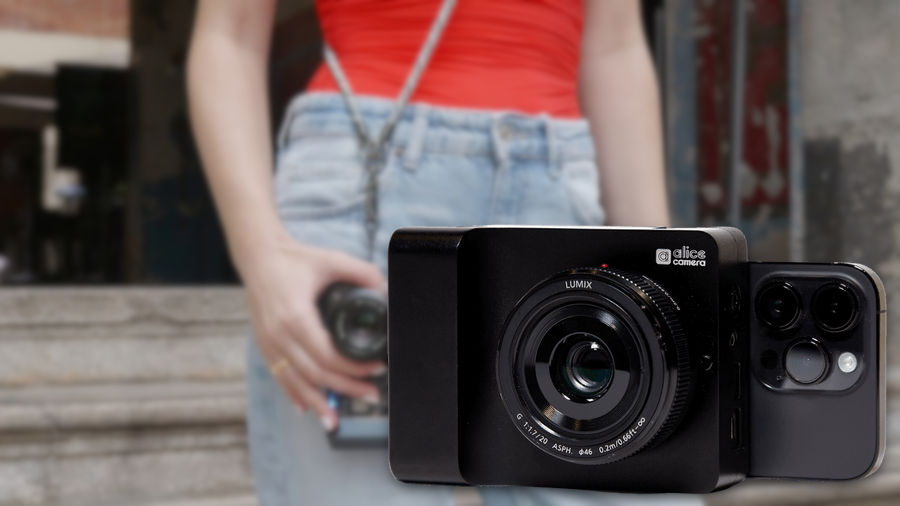

COMMENTS